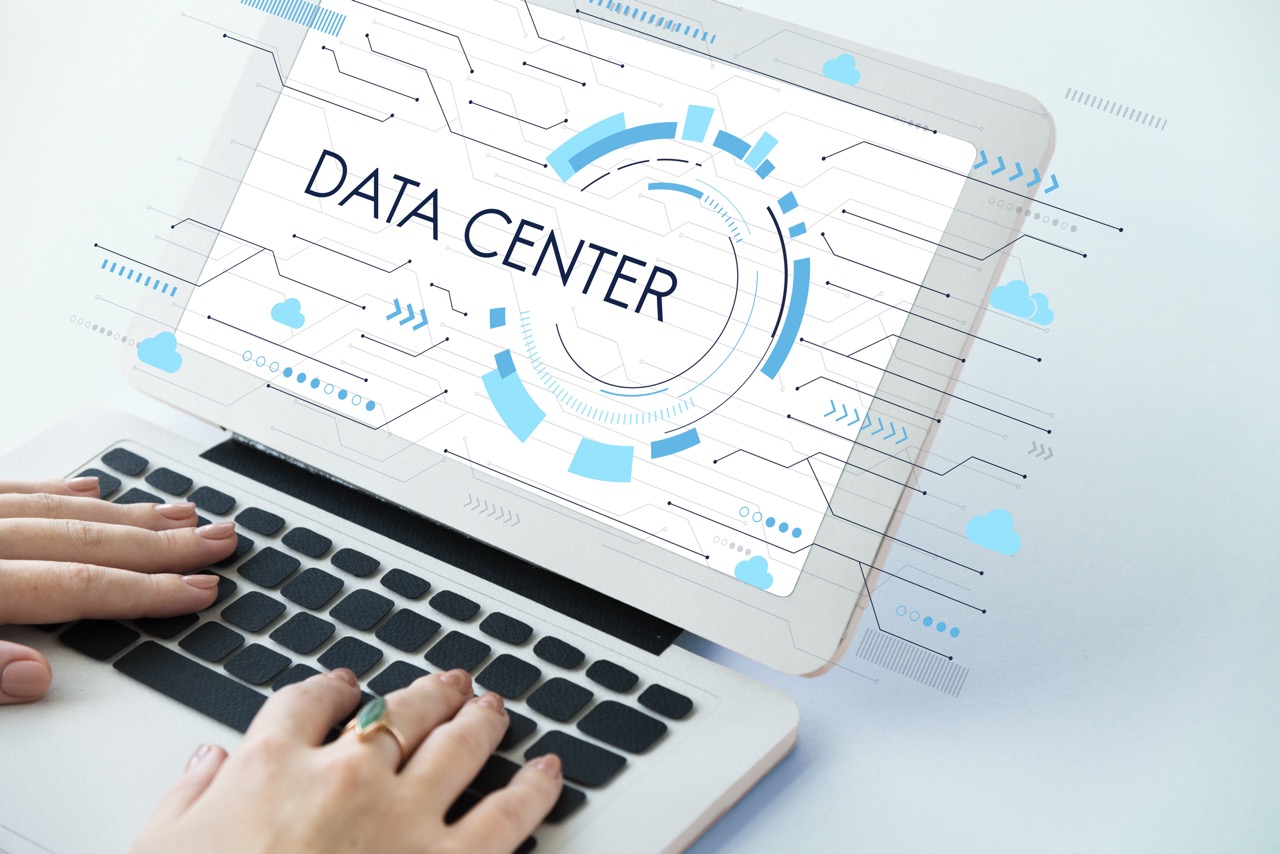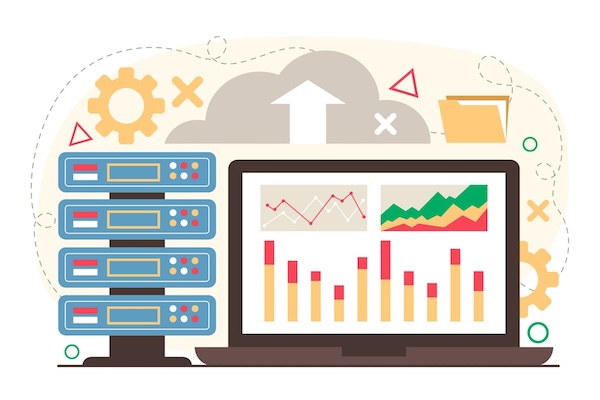 SHARE
SHARE
Comprehensive Guide to DBMS (Database Management System)

Database Management System or DBMS may not be a strange term anymore. Especially with the increasing use of software and applications as management systems in various business fields.
Although quite familiar, many still do not fully understand what DBMS is. Moreover, the term DBMS can be quite difficult to understand in general.
To better understand what Database Management System is, here is a comprehensive overview of DBMS.
Definition of Database Management System

Source: Pixabay
What is a Database Management System or DBMS? DBMS is a system or software specifically designed to manage databases. This system is also used to run data to be operated by many users.
Another definition of DBMS according to C.J Date is software for handling user data access on the database. The purpose of DBMS is solely to facilitate users in accessing data.
Database Management System acts as an intermediary between the data within the system and the users. To access data through DBMS, a database language is needed, which consists of various instructions.
The instructions used as the database language are formulated by DBMS companies. Users will use the predetermined language to give instructions when accessing data through DBMS.
The use of DBMS is functional for operations involving large amounts of data. So, users no longer need to be confused or have difficulty accessing data in the database.
Database Management System also functions to maintain and process data in the database. The existence of DBMS ensures that there is no chaos with data. Users are also ensured that they can use the data in the database according to their needs.

Source: freepik
The important role of DBMS for the database is supported by the availability of various software from different vendors. Whether free or paid. Users only need to choose the best DBMS that can be used according to their needs. In addition to various benefits and advantages offered.
Database Management System plays a significant role in the smooth access of data in the database. DBMS is now common and increasingly used. Especially for organizations, companies, and businesses that use integrated information systems to support their activities.
 SHARE
SHARE




